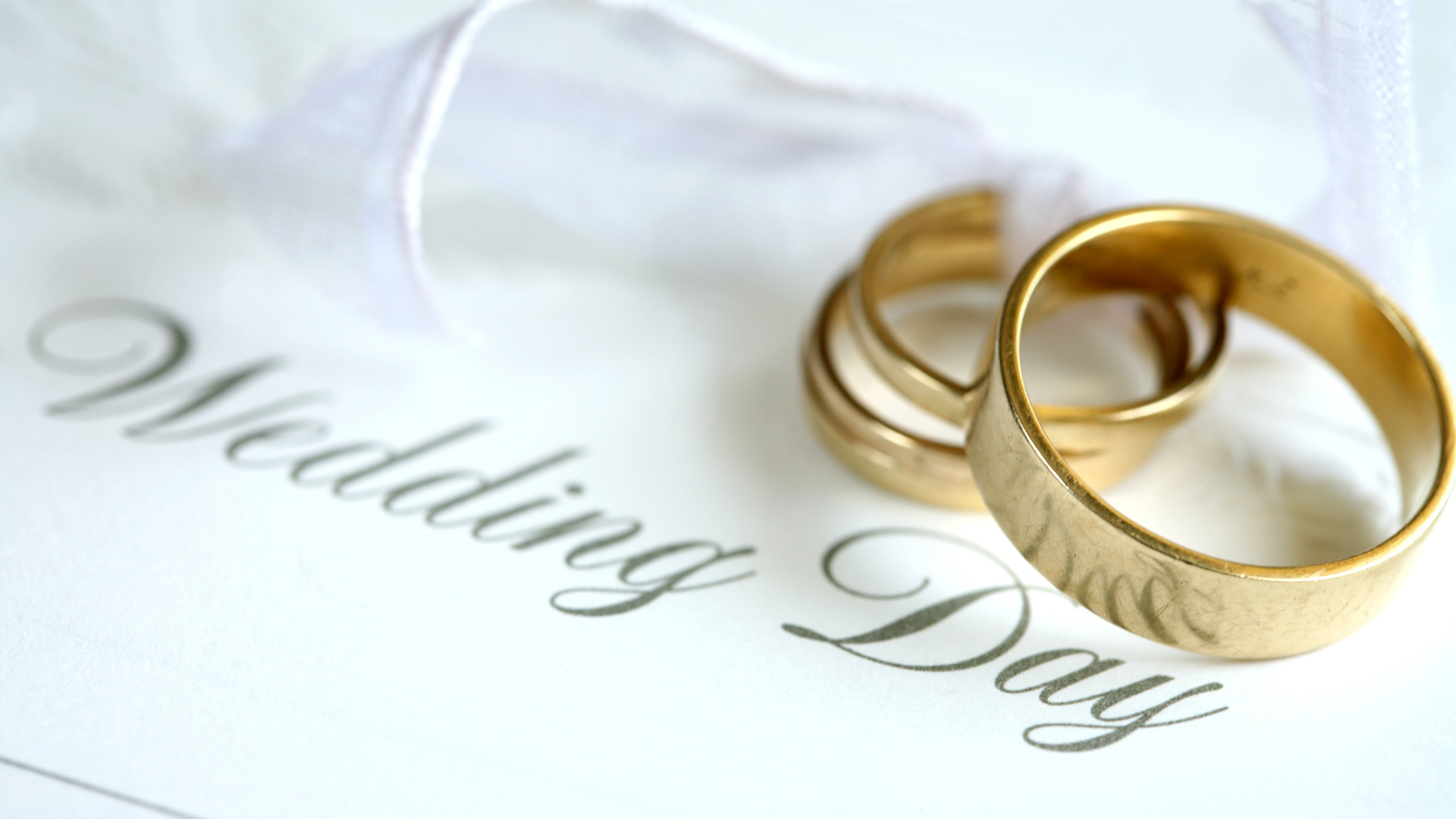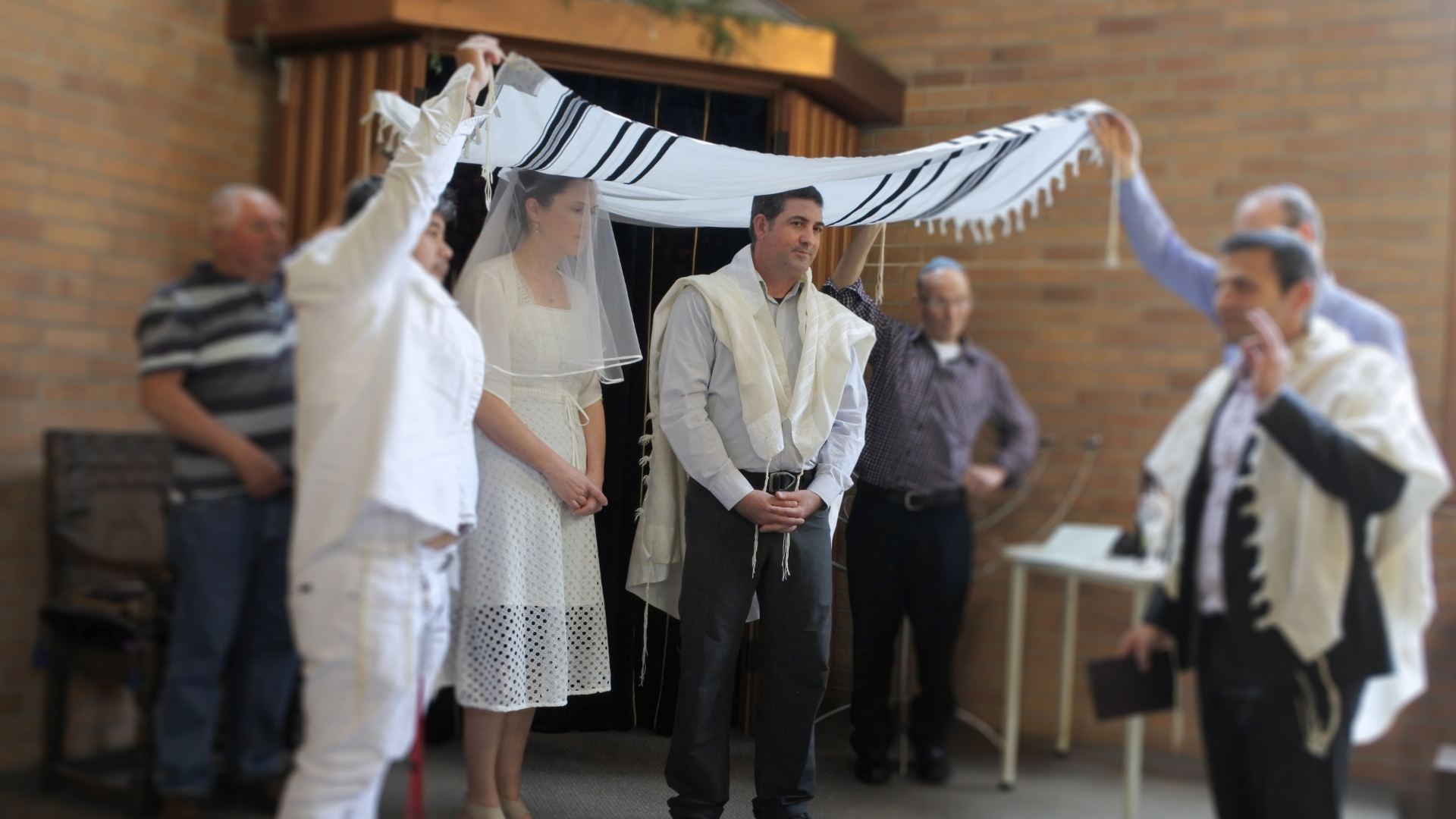Non-Denominational Weddings
Non-Denominational Weddings

Non-denominational weddings have become increasingly popular, especially among couples who want a ceremony that reflects their unique personalities while remaining respectful of their diverse backgrounds. These weddings don’t follow a specific religious tradition, giving couples more flexibility in designing a ceremony that fits their values and vision for their special day.
In this article, we will explore popular rituals and elements commonly found in non-denominational weddings, and how couples incorporate meaningful traditions to make their ceremony unforgettable.
Popular Rituals in Non-Denominational Weddings
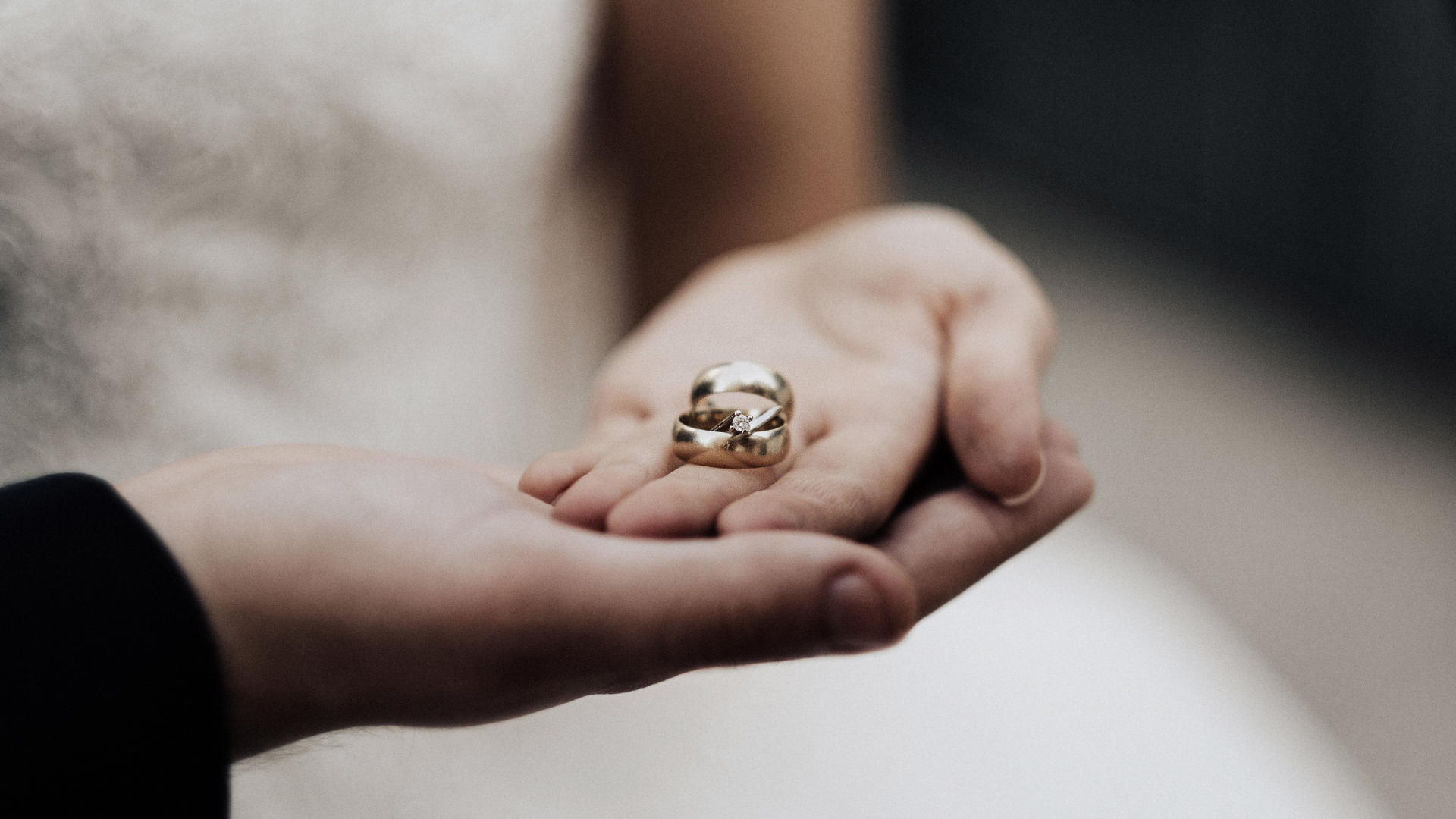
Non-denominational weddings often feature rituals that symbolize unity, love, and commitment. Couples have the freedom to choose traditions that resonate with them personally, and many opt for symbolic acts that reflect their values or beliefs.
Here are some popular rituals that frequently appear in non-denominational weddings:
Kinds of Rituals in Non-Denominational Weddings
- Unity Candle: One of the most cherished rituals is the lighting of the unity candle. This tradition involves the bride and groom each lighting a single candle and then using those flames to light a larger candle together. This symbolizes the merging of two lives into one.
- Handfasting: This ancient ritual involves the couple’s hands being bound together with a cord, symbolizing their union. It is a meaningful ritual that holds significance in many cultures and adds a unique, personal touch to the ceremony.
- Ring Exchange: While this is a common ritual in many types of weddings, it’s especially meaningful in non-denominational ceremonies. The exchange of rings represents the couple’s commitment and love for one another.
- Sand Ceremony: In this ritual, the bride and groom pour different colored sands into a single vessel, blending them together. This symbolizes the coming together of their lives and families in a colorful and lasting union.
- Rose Ceremony: Some couples choose to present each other with a rose during the ceremony. This gesture symbolizes the love and affection they have for one another and serves as a reminder of the promises they’ve made.
These rituals not only make the ceremony more meaningful, but they also allow couples to incorporate personal elements that reflect their unique journey together.
What Are Some of the Most Common Elements in a Non-Denominational Wedding Ceremony?

Non-denominational wedding ceremonies typically include a range of elements that can be customized to reflect the couple’s desires. While these ceremonies don’t adhere to religious practices, they can still maintain a deep sense of spiritual connection and emotional significance. Here are some key elements commonly found in non-denominational wedding ceremonies:
Different Elements in a Non-Denominational Wedding Ceremony
- Opening Words: The officiant usually starts the ceremony with a warm greeting, welcoming the guests and setting the tone for the day. These words often focus on love, commitment, and the importance of marriage.
- Readings: Non-denominational ceremonies often include readings from literature, poetry, or even personal writings that resonate with the couple. These readings may be shared by friends or family members, adding a personal touch to the ceremony.
- Vows: One of the most emotional moments in any wedding is the exchange of vows. In a non-denominational ceremony, couples have the freedom to write their own vows or adapt traditional vows to reflect their unique relationship.
- Music: Music plays a crucial role in setting the mood for a wedding. Many couples choose songs that hold special meaning to them or reflect their love story. Whether it’s a traditional piece, a modern love song, or even a favorite artist’s track, music helps create the right atmosphere.
- Blessings or Prayers: Though non-denominational weddings don’t follow specific religious rituals, many couples choose to include a blessing or prayer as a way to honor their spiritual beliefs or seek guidance for their future together.
What Are Some Popular Rituals or Traditions People Include in Non-Denominational Weddings?
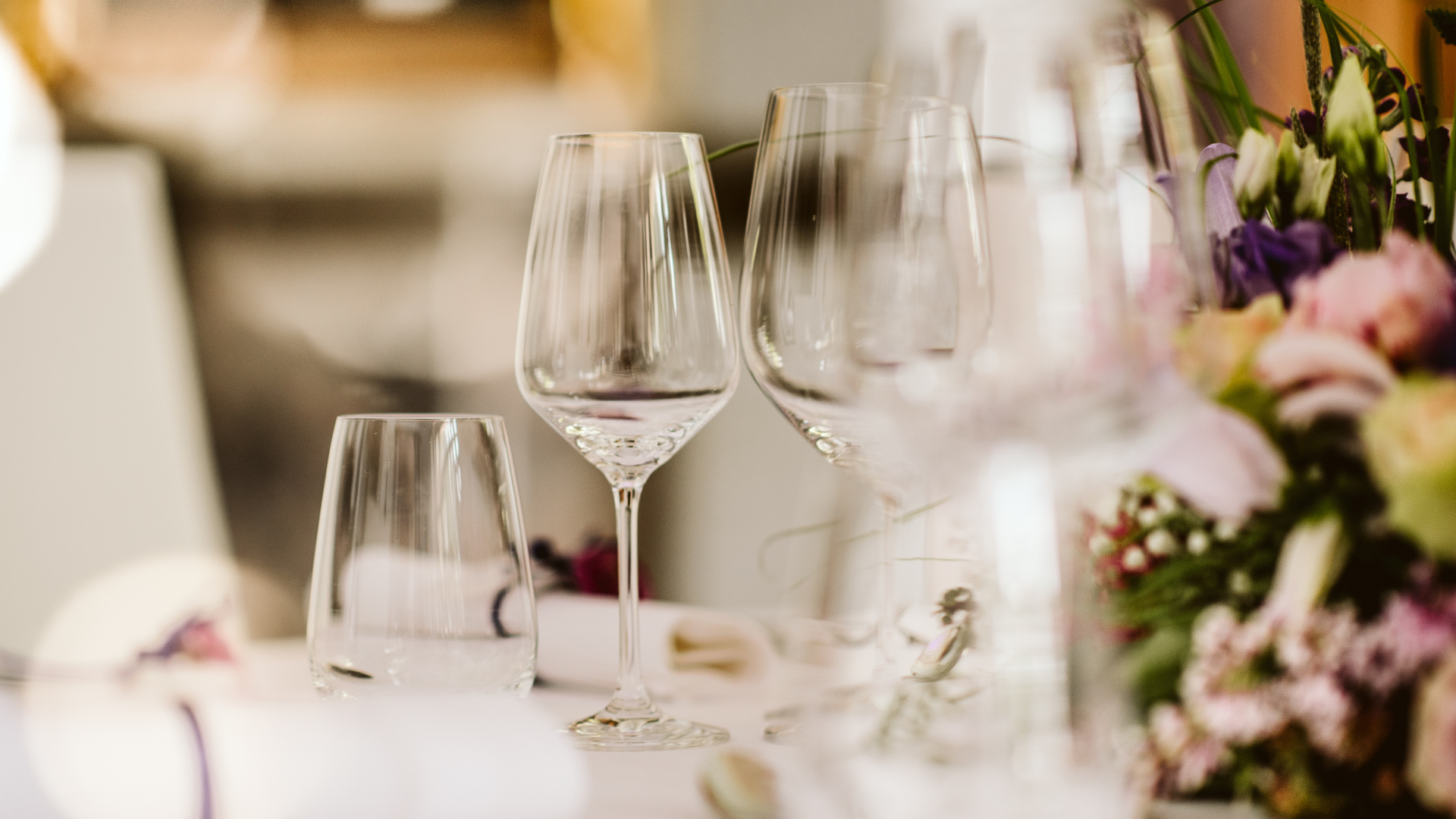
Many couples in non-denominational weddings like to incorporate rituals or traditions that are meaningful to them, whether these are cultural, symbolic, or personal. Here are some popular rituals that people may include:
Different Popular Rituals or Traditions in Non-Denominational Weddings
- Jumping the Broom: This tradition is rooted in African American culture and symbolizes the couple’s commitment to building a life together. The couple jumps over a broom to signify the start of a new chapter in their lives. It’s a beautiful way to honor heritage while adding a fun and memorable element to the ceremony.
- Tree Planting Ceremony: Some couples opt to plant a tree together during their wedding as a symbol of the growth and strength of their relationship. This tradition is eco-friendly and provides a lasting memory of the couple’s commitment to one another.
- Wine Ceremony: A wine ceremony involves the bride and groom sharing a drink of wine or another beverage as a symbol of the life they will share together. This can be done in many ways, such as drinking from a single cup or pouring different wines into one glass.
- Love Letter Box: In this tradition, the couple writes love letters to one another and seals them in a box, along with a bottle of wine. The box is then locked during the ceremony and opened on a future anniversary. This act symbolizes the couple’s commitment to nurturing their relationship over time.
- Family Involvement: Many non-denominational weddings emphasize the importance of family. Some couples choose to include their children, parents, or other loved ones in the ceremony. This can take the form of a special reading, a group ritual, or even a unity candle where family members light individual candles to symbolize their support for the couple.
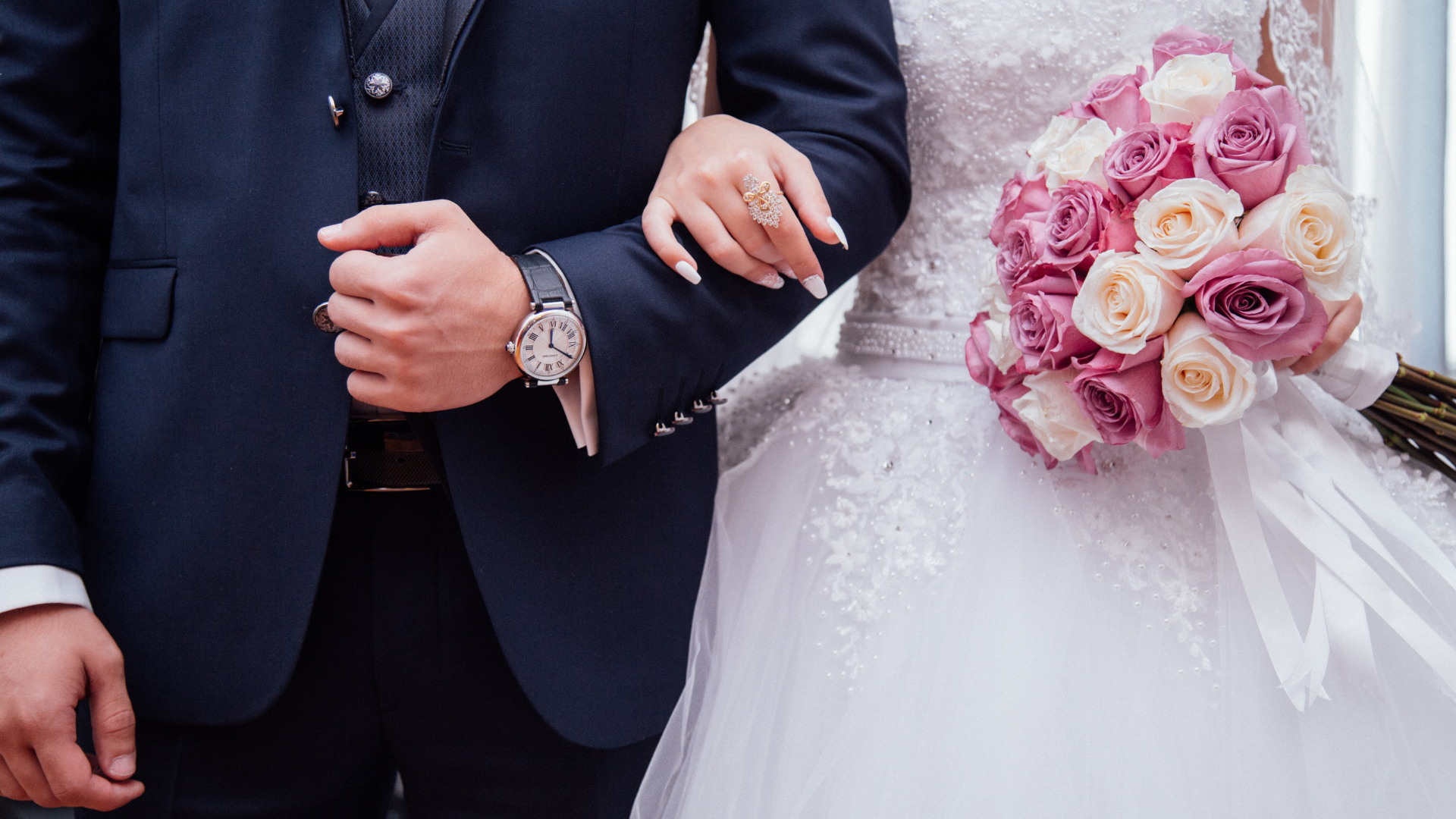
Non-denominational weddings offer couples the freedom to design a ceremony that feels authentic and meaningful to them. With countless rituals, traditions, and elements to choose from, these weddings can be as unique as the couples themselves. Whether incorporating time-honored customs or creating new ones, a non-denominational wedding is a beautiful celebration of love, commitment, and unity. If you're planning a non-denominational wedding, consider including some of these meaningful rituals and traditions to make your ceremony truly unforgettable.
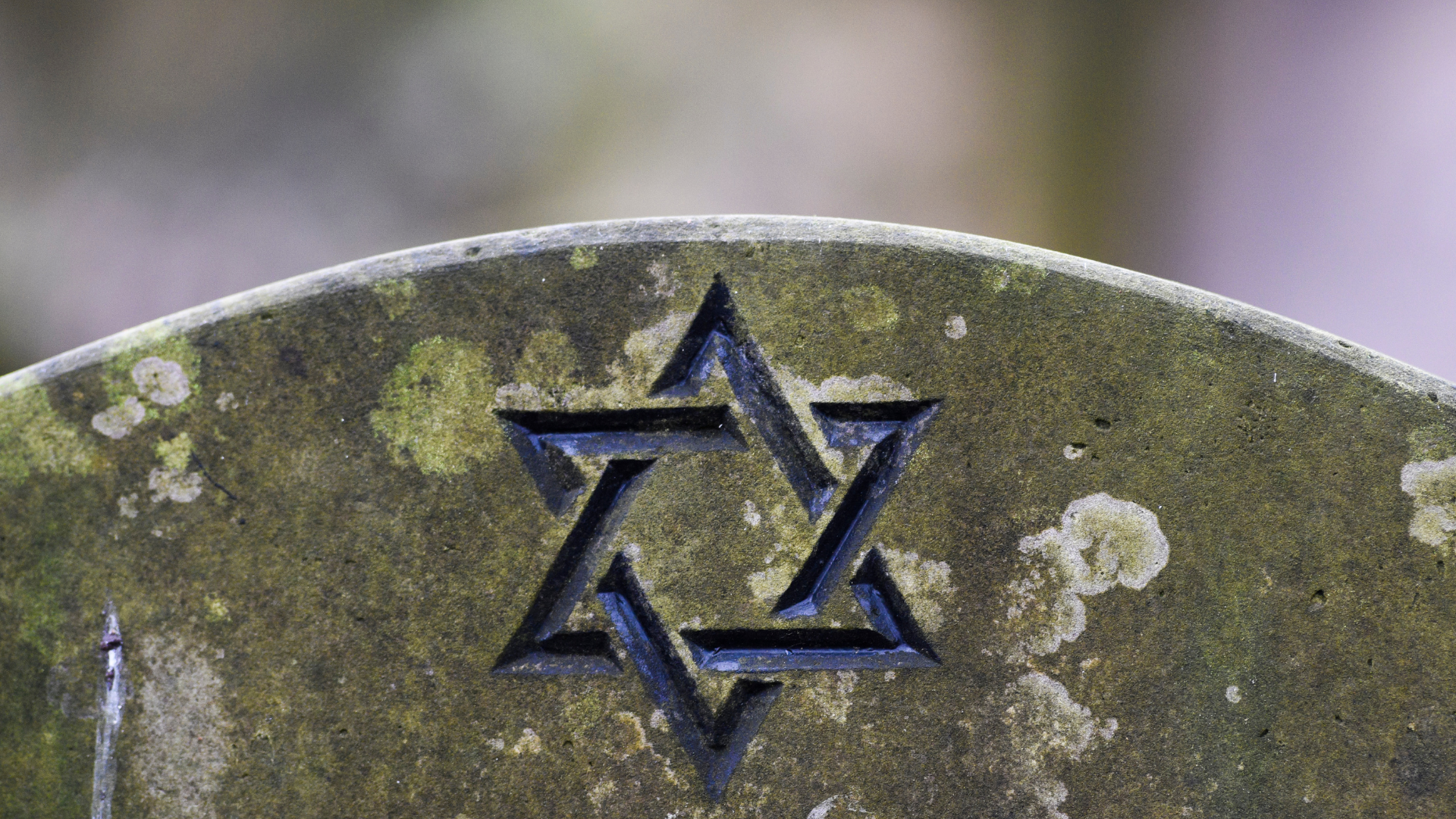

All Rights Reserved | Lifecycle Events
